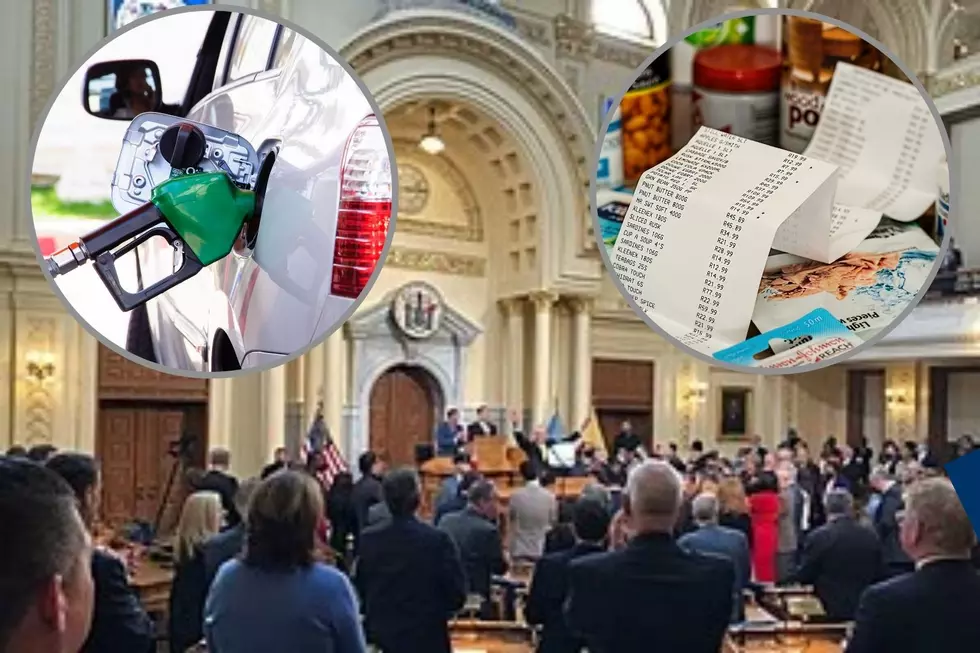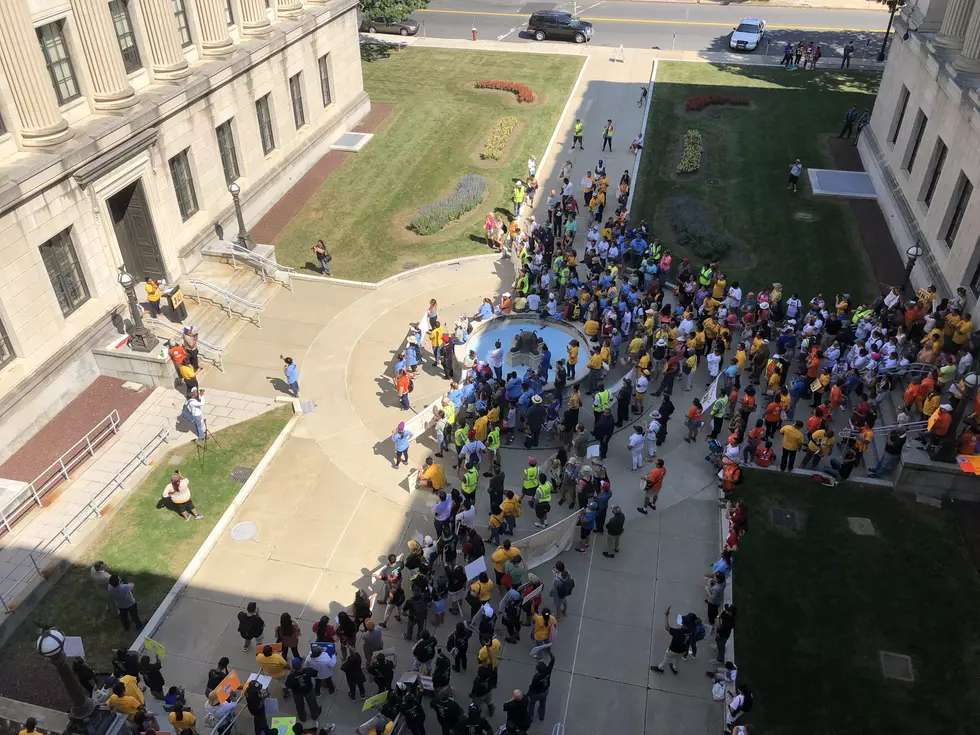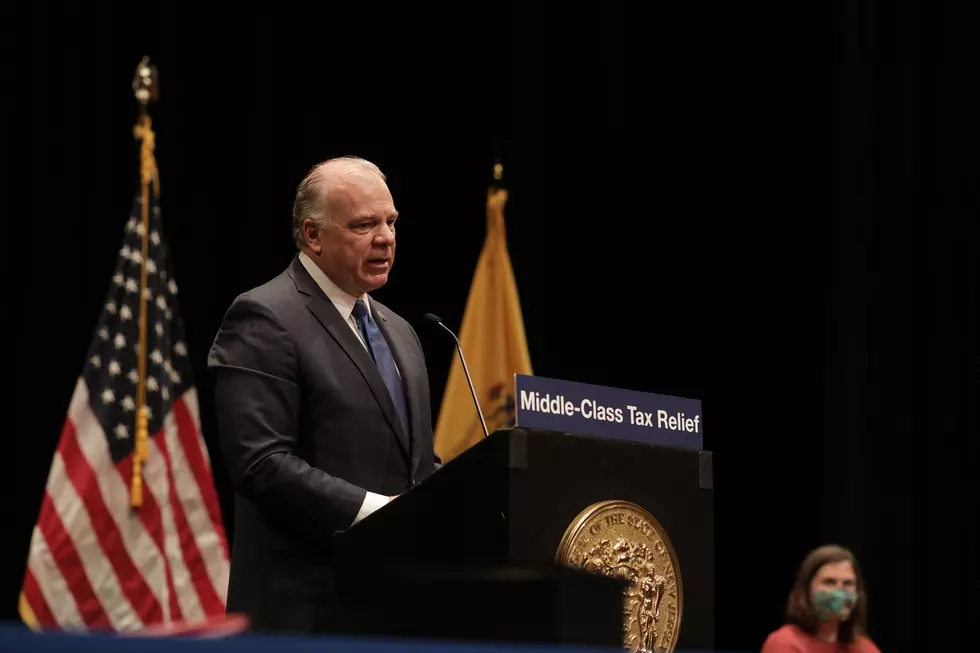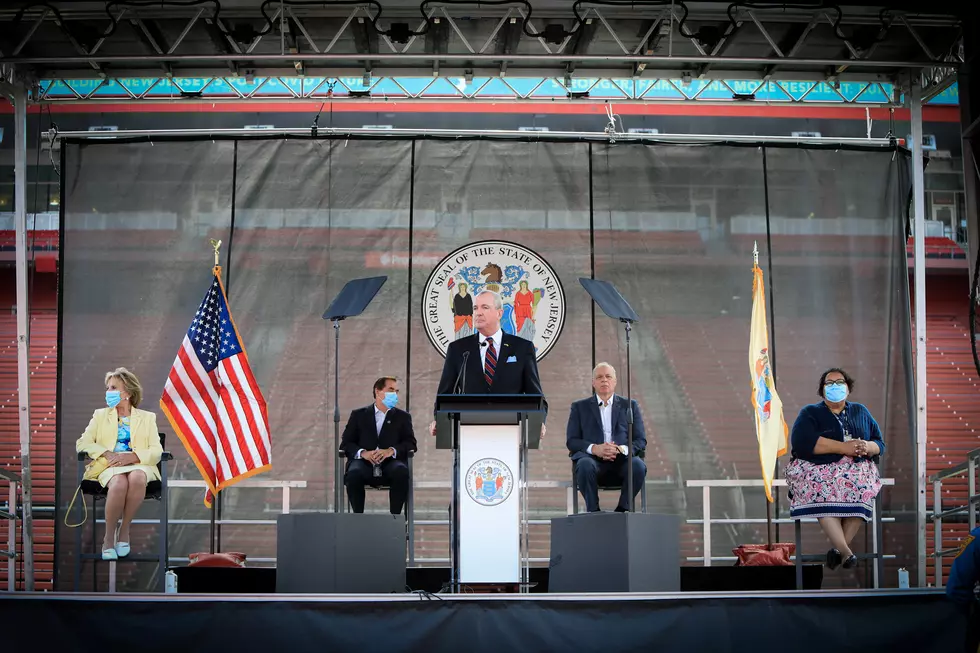
New Jersey’s annual state budget battle shapes up differently this year
For the first time in more than two decades, revenue projections from the executive branch and the non-partisan Office of Legislative Services are almost identical.
Since Gov. Chris Christie first took office, Democrats who control the NJ Legislature have criticized his estimates calling them overly optimistic. That won't happen this, but two political experts said having the governor and lawmakers agreeing on revenues could be a mixture of good and bad news for taxpayers.
"Now they're going to fight over what to spend the money on rather than what the numbers really are," said Fairliegh Dickinson University Political Science Professor Peter Woolley. "Remember, in years past it's always the governor's office who always over-estimates the revenues. That's because any governor wants to give themselves the maximum leeway to operate in the budget."
This year, there's no incentive for Christie to over-estimate the revenues because if he loses a court case he would have to pour billions of dollars into the public employees' pension fund, Woolley said. A judge has already ruled the state must make an additional $1.6 billion in pension contributions before July 1. Tuesday, the administration filed legal papers explaining why that ruled should be overturned.
"Having an agreement on revenues means different things to important constituencies. It means that municipalities have less to fear about their aide being reduced. It means that aid to schools is less likely to be reduced in any kind of panic at the end of the year," Woolley said.
There's a potential downside to matching revenue estimates, said Patrick Murray, director of the Monmouth University Polling Institute.
"We do expect that there will be more pressure on local governments to provide the services that state government has been paying for and as that pressure kicks in there's going to be a decision by local governments whether they go to the voters and ask for more than the two percent property tax hike to break the cap or whether they make even more significant cuts," Murray said.
There will be some budget cuts, Murray said. He expected a more predictable budget, but also a spending plan that doesn't provide long-term answers for important issues like replenishing the Transportation Trust Fund.
"We're not going to see these big-ticket items taken care of in the next year," Murray predicted.
The governor's budget proposal shows the state can concentrate on priorities while reining in spending according to the ranking Republican on the Assembly Budget Committee.
"This is not a kick-the-can-down-the-road budget. This budget, in conjunction with the discussions we know are going on between the governor's pension commission and the unions to save the pensions, and the discussions between the governor, the Assembly speaker and the Senate president about the Transportation Trust Fund combine to make this one of the most productive policy periods in New Jersey in decades," said Assemblyman Declan O'Scanlon (R-Red Bank).
More From New Jersey 101.5 FM









